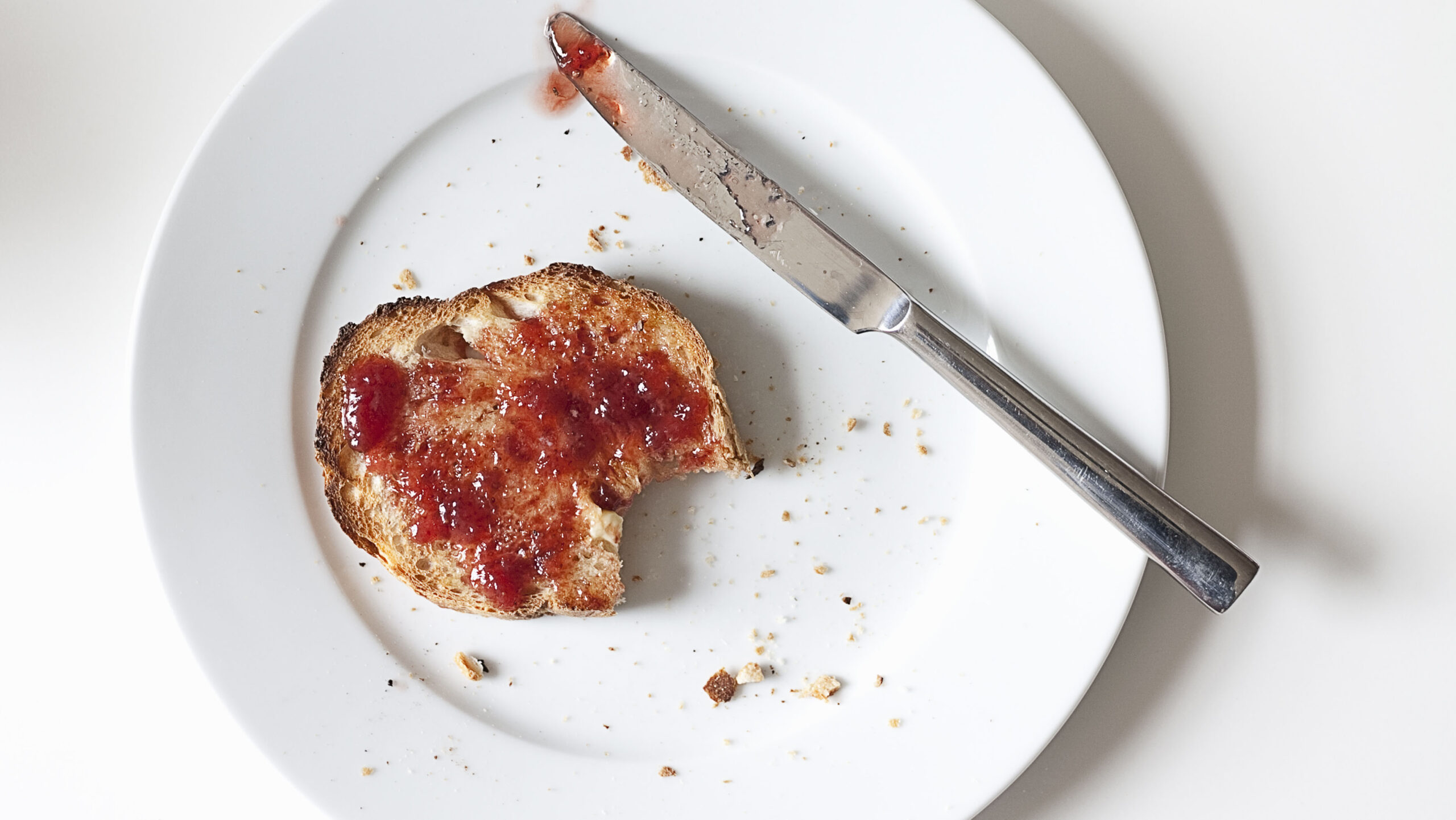For those who don’t go to bed excited about breakfast (*raises hand sheepishly) choking down a piece of toast while hurriedly trying to get your day started can be chore. You might dutifully fix a bowl of cereal each day because you’ve been told that it’s the ‘most important meal of the day’ and the best way to start your day off right. One of the most commonly repeated weight loss mantras, along with other gems such as quitting sugar, never eating carbs, drinking green juice (we could go on) is that eating a decent breakfast is the daily habit of trim people. But is skipping breakfast really that big of a deal?
According to a new study conducted by the University of Alabama at Birmigham, not really.
A group of 309 individuals with varied weight were monitored over a 16-week period during which time some were told to skip breakfast and others to eat it. Another group had a mix of both breakfast eaters and skippers who were given nutritional advice without mention of breakfast. Overall, as Fox News reported, there was little change in the weight of either group.
The study is consistent with others that have sought to dispel the breakfast myth. In 2013 Cornell University in the US found that people who skipped breakfast ended up eating less calories throughout the day, while other studies have found that not eating breakfast and holding out a bit can lead to more fat burning. Indeed my rather draconian personal trainer once told me that despite my protests, skipping breakfast wasn’t going to make me die (needless to say I don’t go to him anymore).
The idea of fasting has become popular in recent years after the publication of Michael Mosley’s 5:2 Diet book (just try and find a work colleague who hasn’t tried it). According to Mosley, and Barry in accounts, intermittent fasting – the 5:2 diet allows you to eat normally for 5 days and then cut calories to 500 for women and 600 for men for the other 2 – can aid weight loss and well as improve blood pressure and cholesterol levels.
Skipping meals gained more credibility this week with a new study published by researchers in California this week that suggested that the best way to lose weight is to contain eating to a 12 hour window. The study, conducted on mice at The Salk Institute in California studied the effects of restricting the hours of eating on 400 mice who were either normal weight or obese. Whether they were fed a high-fat or high-sugar diet for just 12 hours they mice remained healthier than those given access to the same food for the whole day.
It’s important to note that this study was only conducted on mice, and also that that there’s more to breakfast than weight loss. Putting aside the sheer pleasure that comes with a lovely slab of sourdough toast with butter, including ensuring that you are getting the right amount of nutrients and that old parent adage of ‘brain food’, with research that indicates that a well-balanced breakfast can improve concentration and memory.


.jpg)